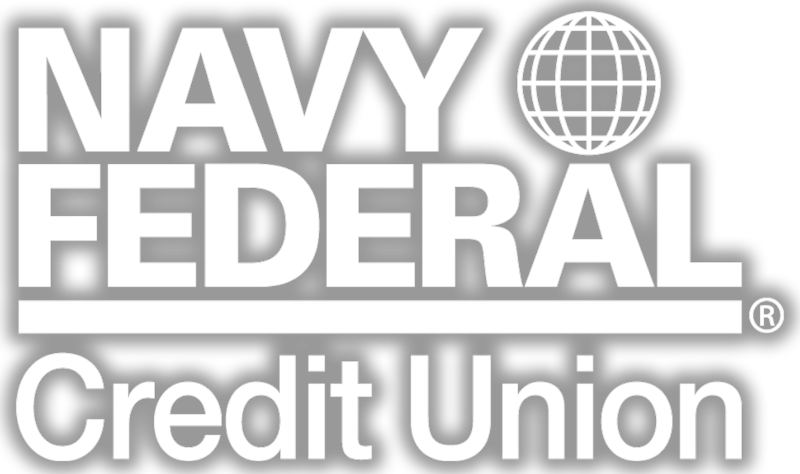Choosing to join the military is an important life decision. From there, a recruit must make even more choices when it comes to finding a career path in the military. While the decision to buy or lease a new car may not be as impactful on your life as a military career, it can affect your finances and lifestyle.
The good news is your budget can be your guide when it comes to shopping for a car. The best plan of attack is to figure out what your budget is before you even look at cars, and balance it with your transportation needs. Once you determine how much you can afford, your next question might be "Should I buy or should I lease?"
The differences between buying and leasing
Buying, as opposed to leasing, means you're the owner of the car. You change up the interior and exterior at any point, and get upgrades like back-up cameras and navigational packages. You can also purchase a warranty to cover any unexpected costs within the warranty's term.
Leasing, on the other hand, is more like renting, but for an extended period of time. While you may be driving the car, you're not the owner. You'll be given mileage restrictions which may force you to limit driving or pay fees for overages at the end of the lease. A monthly payment on a lease may be cheaper than financing your purchase, but you don't own the car at the end of the lease.
What are some benefits to buying?
Edmunds in a survey found that almost 75 percent of new cars are sold rather than leased. This means there are plenty of resources out there to guide you through researching and purchasing. Plus, some financial institutions, like Navy Federal Credit Union, have advice online to help you get the best deal on your new car.
It's easy to budget when you own a car, because the only costs are your down payment and monthly payment on a loan.
"If you decide to finance, you will come to own that vehicle at the end of the loan term, unlike leasing where you have to return the vehicle at the end of that term," says Joe Pendergast, assistance vice president of consumer lending at Navy Federal. "Once the loan is paid off you will have more discretionary income to put towards a savings plan or debt reduction."
The longer you expect to keep your car, the more advantageous it is to buy. Plus, you'll have the flexibility to modify, repair, maintain or resell. A good rule of thumb is if you expect to drive more than 12,000 miles a year, it's better to buy.
What are some benefits of leasing?
The biggest advantage of a lease is the payments may be lower. This is because payments are based on the depreciation value of the car over time, not the sticker price. Then again, you're only renting the car, not truly owning it, so it's a trade-off.
"Leasing can look good on the surface, but if you don't comb through your agreement and read the fine print carefully, you may face unexpected fees such as wear-and-tear, excess mileage and termination fees, to name a few," says Pendergast.
While leasing is typically a short-term commitment, it's one that you'll need to fully commit to. You'll only have the car for your lease term, usually two to three years, but you'll need to keep it in tip-top shape. Also keep in mind if you are moving duty stations, particularly to one overseas, you will not be allowed to take a leased car.
How do I know which option is right for me?
Consider what your monthly budget is for a car or lease payment. Don't forget to factor in costs such as gas, insurance, tolls and maintenance. These expenses will cut into your budget for a vehicle, so make sure they are accounted for.
Factor in how much you drive on a monthly basis. People usually think of their commute in terms of minutes, not miles, so be sure to map your regular route to see how far you're actually driving. If your commute is longer, or you drive frequently for work or travel, you may put more miles on a car than a lease allows. In that case, buying would be a better option.
If you're an infrequent driver or have a short commute, a lease will likely work for your lifestyle. Plus, there shouldn't be any repair costs because of vehicle warranties from the dealer. Be sure to check with the dealer and read the fine print, since this can vary. You may have the option to purchase a leased vehicle once your term is up, which is something else to think about.
If you decide to buy, get in touch with your financial institution beforehand. Getting pre-approved for an auto loan will boost your purchasing power and can simplify the negotiation process. If you decide to go with leasing, make sure you read the agreement carefully. If something sounds too good to be true, it probably is.
Remember, your budget should be your guide throughout the process. With a firm grasp of what you can afford, you'll able to find a deal on a car that's right for you.
Navy Federal is federally insured by NCUA.






